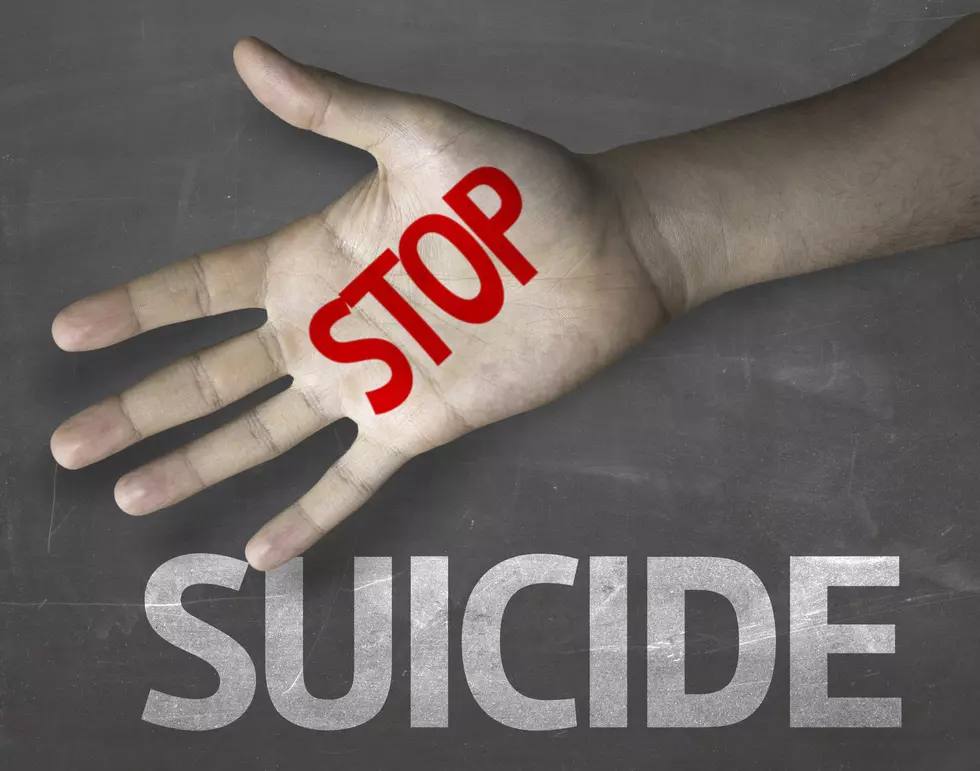![4 Percent of Teens Attempt Suicide [AUDIO]](http://townsquare.media/site/385/files/2013/01/teensuicide.jpg?w=980&q=75)
4 Percent of Teens Attempt Suicide [AUDIO]
A new report finds 4 percent of teenagers have attempted suicide, and 1 in 8 has thought about it.
The Harvard University study interviewed 65 hundred teens in-person, and had their parents fill out questionnaires.
Donna Amundson, Program Director of the Traumatic Loss Coalitions for Youth Program at UMDNJ, said "even though New Jersey has one of the lowest suicide rates in the nation, that's still not good enough - we still have this happening, and we need to continue the work."
NJ Teachers Have Limited Suicide Awareness Training
She said under regulations in New Jersey, teachers get two hours of suicide awareness training in their core curriculum standards. "Some schools have on-site training programs, others will access an online training program, but the message is out there that those that work closest with kids have a role in suicide prevention."
Amundson added not everybody that is clinically depressed is suicidal, but the fact is most people who have taken their lives have been depressed at the time of their deaths.
"You want to look for symptoms of depression, a low mood that is unrelenting. This sense of hopelessness or desperation, someone who is withdrawing from friends, from family, from different activities that they've been involved in and previously enjoyed. With adolescents we also look for things like an increase in irritability and anger and rage, and we worry when kids are struggling a lot with symptoms of anxiety disorders if they're having difficulty sleeping."
If you should notice these signs in your kids, Amundson recommends that parents have a conversation with their child. "You want to tell the child you've been noticing these kinds of behaviors, and you're really concerned and you'd like to help." Parents should encourage children to talk and share their feelings. She said parents shouldn't be afraid to ask if they have been thinking about suicide.
What if they say yes? Amundson said it's important for parents not to overreact. "You want to be concerned and you want to keep the dialogue going so even though the information may be difficult to hear, you want to get the information."
Amundson said it's important that parents let their children know that help is available. "Make an appointment right away to see a mental health professional. If there are many warning signs, you want to get that person to an emergency room, a screening center so they can be screened sooner than later."
Kids struggling with mental health can find help at a new website called Jersey Voice.
More From New Jersey 101.5 FM









